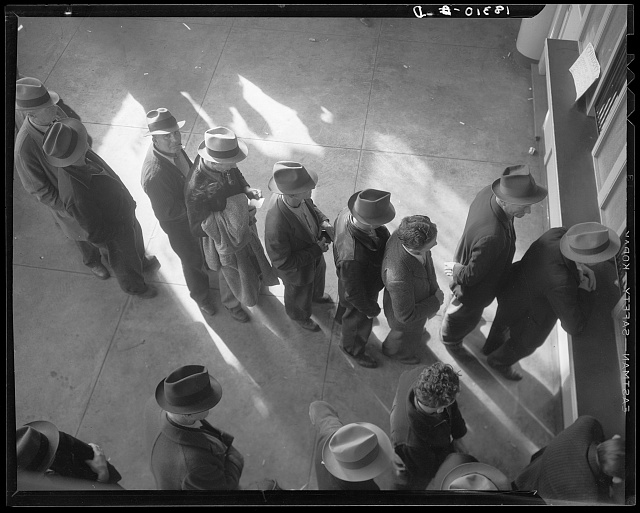
Ninety years ago this month, the state of Wisconsin made history by creating the nation’s first unemployment insurance system. That law was the product, in part, of years of work from a married pair of University of Wisconsin academics, Elizabeth Brandeis and Paul Raushenbush. Brandeis and Raushenbush believed that academic research could inform policy proposals to address the problems faced by U.S. workers — and the duo did just that by working closely with Wisconsin policymakers.
In fact, Brandeis and Raushenbush’s work was a major inspiration for the Social Security Act of 1935, which created the federal-state system of unemployment insurance we have today. The couple was also a major personal inspiration for me. Reading about their legacy pushed me to think about how I could use my training as an academic to advance effective labor policy, and their legacy was one reason I am thrilled to be working in the Department of Labor.
Ninety years after Wisconsin’s UI law was signed into law, I’m delighted to share how the Department of Labor is building on the Brandeis-Raushenbush legacy. Earlier this month, the department’s Chief Evaluation Office announced a grant forecast for a new Elizabeth Brandeis UI Research Center to leverage academic research, training and partnerships to improve unemployment insurance. The grant program will focus especially closely on how research can improve the unemployment insurance system for historically marginalized, underserved and excluded workers, consistent with the department and administration’s laser-focus on equity.
With up to $5 million over four years, the grant program will support a university — or network of universities — in the following activities:
- Producing rigorous academic research on UI and related labor issues;
- Teaching students about the UI program, including training future social scientists whose research agenda focuses on UI and related labor and social insurance issues;
- Supporting state UI agencies and DOL in connecting policymakers with research and data to improve how the program is administered, and
- Distributing policy-relevant research and findings to administrators; worker, employer and community organizations; policymakers; and other stakeholders and members of the public.
Just like the original work that inspired the UI law, the new center will engage in interdisciplinary research, and the department is looking for applicants that bridge multiple academic traditions, which could include, for example, public policy, social work, economics, labor relations, political science, sociology and history, among others. We hope that this center can help train future generations of students and researchers whose work can support the UI system. You can read more about the grant opportunity at grants.gov.
The UI Research Center is just one of the many ways we’re using research and data in support of equity in unemployment insurance, and in other Department of Labor programs. Last year, the Chief Evaluation Office sponsored our inaugural Summer Equity Data Challenge, which supported teams of researchers to help us identify better ways of using data to measure the equity impacts of our programs. And in the coming months, we will announce other initiatives aimed at broadening the data we use to measure equity in access to the UI program.
We’re excited to uphold the legacy of early labor reformers, like Brandeis and Raushenbush, as we use evidence and data to improve the lives of all workers, but particularly those — like women, immigrant workers, workers of color, and workers with disabilities — who have faced barriers in accessing important labor protections and benefits.
Alexander Hertel-Fernandez is deputy assistant secretary for research and evaluation in the department’s Office of the Assistant Secretary for Policy.

 U.S. Department of Labor Blog
U.S. Department of Labor Blog